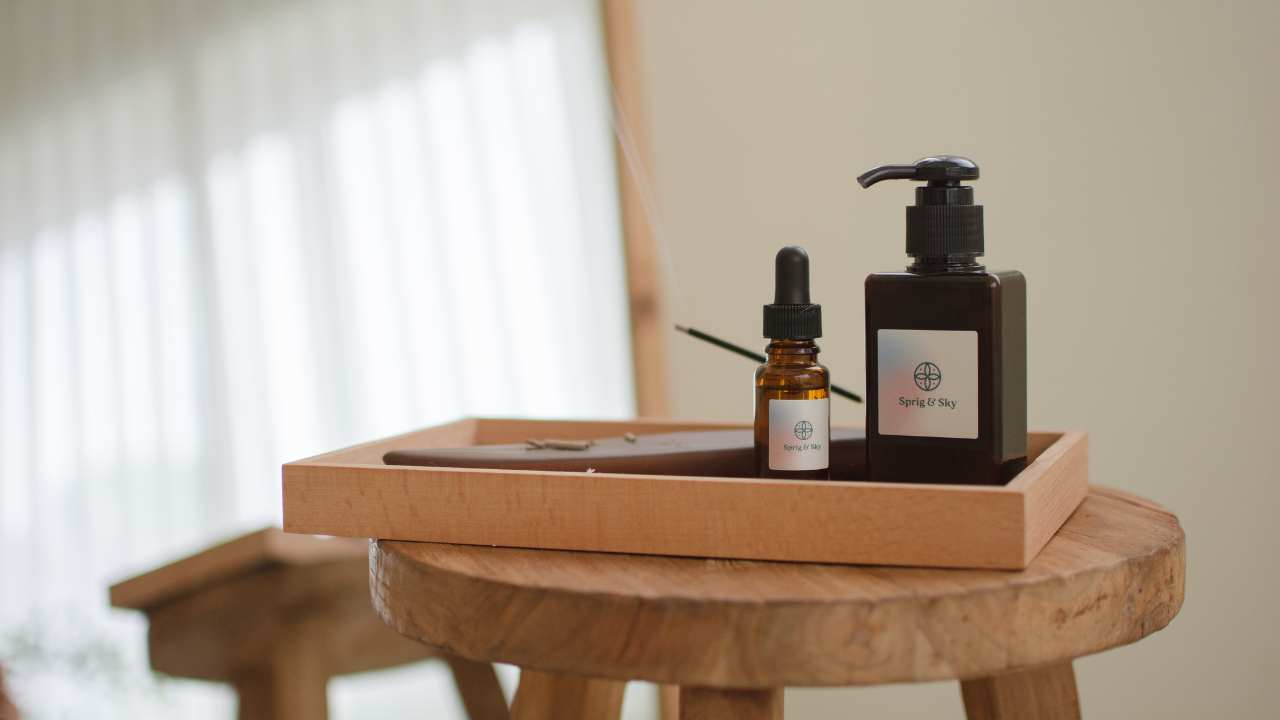When it comes to skincare, oils can be a game changer. They provide hydration, nourishment, and protection for the skin. But when should you use oil in your skincare routine to get the best results? In this blog post, we’ll break down when and how to incorporate oils into your skincare routine for glowing, healthy skin.
Why Use Oil in Skincare?
Oils are packed with essential fatty acids, vitamins, and antioxidants that can improve the skin’s texture, hydration, and elasticity. They help to lock in moisture, promote skin regeneration, and protect against environmental stressors. However, not all oils are created equal, and how you use them depends on your skin type and the products you’re already using.
When to Use Oil in Your Skincare Routine
The timing of oil application is important. Here are the best times to incorporate oil into your skincare routine:

1. After Cleansing
The most common time to apply oil is after cleansing your skin. Cleansing removes dirt, oil, and makeup, leaving your skin fresh and ready for nourishment. After cleansing, your skin is more receptive to the beneficial ingredients in oils. Applying oil on slightly damp skin helps to lock in moisture and prevents dryness.
Tip: Choose an oil that matches your skin type. For oily or acne-prone skin, go for lightweight oils like jojoba or rosehip. For dry skin, consider heavier oils like argan or marula oil.
2. Before Moisturizing
Oils can be applied before your moisturizer to boost hydration. After cleansing and toning, use a few drops of oil on your skin and follow up with your regular moisturizer. The oil acts as a barrier that prevents moisture from evaporating, keeping your skin hydrated throughout the day or night.
Tip: Don’t overdo it. A couple of drops are often enough to hydrate and protect your skin.
3. At Night for Extra Hydration
If you have dry or dehydrated skin,https://www.cerave.com/ nighttime is a great time to use oil. During sleep, the skin goes into repair mode, and oils can provide deep hydration and nourishment. Using oil at night can help lock in moisture, repair the skin’s barrier, and reduce signs of aging.
Tip: Use richer oils, like evening primrose or squalane, before bed. These oils penetrate deeply into the skin and provide long-lasting hydration.
4. As a Spot Treatment
Oils can also be used as spot treatments for dry patches or irritated skin. If you have areas that need extra moisture, you can apply a small amount of oil directly to those spots. Some oils, like tea tree or lavender oil, can also help to calm inflammation and reduce redness.
Tip: Always patch-test oils before applying them to sensitive or acne-prone areas.
5. Mixing with Your Foundation
For an added glow, you can mix a drop or two of oil with your foundation. This not only helps with blending but also gives your skin a dewy finish. It’s a great way to add moisture to your makeup routine, especially in the winter months when your skin may feel drier.
Tip: Avoid using oils if you have oily skin or are prone to breakouts, as this can cause clogged pores.
What Type of Oil Should You Use?
The type of oil you choose depends on your skin type and concerns. Here’s a quick guide to choosing the right oil for your skin:
- Dry Skin: Opt for rich oils like argan, avocado, or marula oil.
- Oily Skin: Light oils such as jojoba, rosehip, or grapeseed oil are ideal.
- Acne-Prone Skin: Choose oils with anti-inflammatory properties, like tea tree, hemp seed, or lavender oil.
- Sensitive Skin: Oils like chamomile or calendula can help soothe irritation and redness.
Conclusion
Incorporating oil into your skincare routine can provide a wealth of benefits, from hydration to improved texture and skin barrier function. The key is to find the right time and type of oil for your skin. Whether you’re using it after cleansing, before moisturizing, or as a nighttime treatment, oils can help your skin look and feel its best. Don’t be afraid to experiment and find the perfect oil for your needs.
Q&A Section:
Q: Can I use oil in my skincare routine if I have oily skin?
A: Yes, you can! In fact, using lightweight oils like jojoba or rosehip oil can help balance your skin’s oil production. Just be sure to choose non-comedogenic oils to avoid clogging pores.
Q: How many times a week should I use oil on my skin?
A: You can use oil daily, especially if you have dry or dehydrated skin. However, if you have oily or acne-prone skin, using oil two to three times a week should suffice.
Q: Can I use oil as a substitute for moisturizer?
A: Oils can act as a moisturizer, but they should ideally be used in combination with a regular moisturizer. Oils lock in moisture but may not provide all the hydration your skin needs on their own.
Stay Connected With Google News

A passionate food writer with a deep commitment to promoting healthy eating habits, I create engaging and informative content that helps readers make better food choices. With a focus on nutrition, wellness, and practical tips, I share easy-to-follow recipes, health-conscious meal plans, and expert insights to inspire a balanced lifestyle. My mission is to make healthy eating accessible and enjoyable for everyone.





